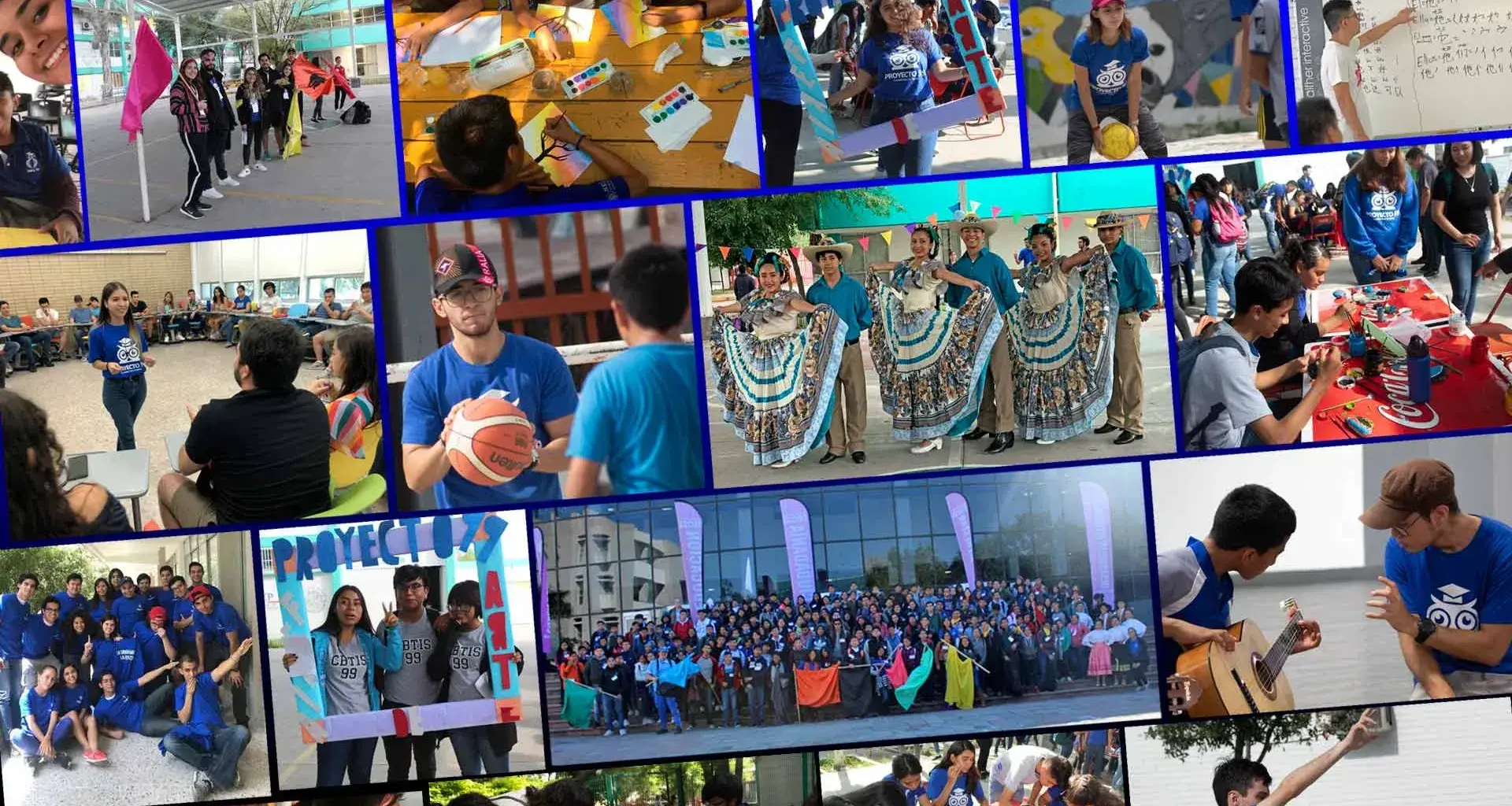Sebastian came home and went straight to his room. When he got in, he threw his backpack into a corner and lay down on the bed crying. When his mother understood what was going on, she asked him what was wrong. In tears, he explained that he didn’t want to go back to school because he was being bullied.
Sebastian’s mother remembered hearing about Proyecto 99 at her 11-year-old son’s school in Monterrey. She didn’t hesitate in contacting the project leaders to ask for their help.
Proyecto 99 is a Tec de Monterrey student initiative to support young people living in vulnerable areas through courses and counseling to motivate them, explained Angélica Pantoja, coordinator and co-founder of the project.
“We sent a teacher to talk to Sebastian. He did an exercise in which he played a Yu-Gi-Oh! card game and he had a lot of fun. His mom has shared that he is now a more outgoing child who wants to study and do other things,” she explained.
Nearly 5,000 students like Sebastian have received support from this initiative, which won in the Most Impact category at the Universitas 21 (U21) consortium’s RISE (Real Impact on Society and Environment) awards.
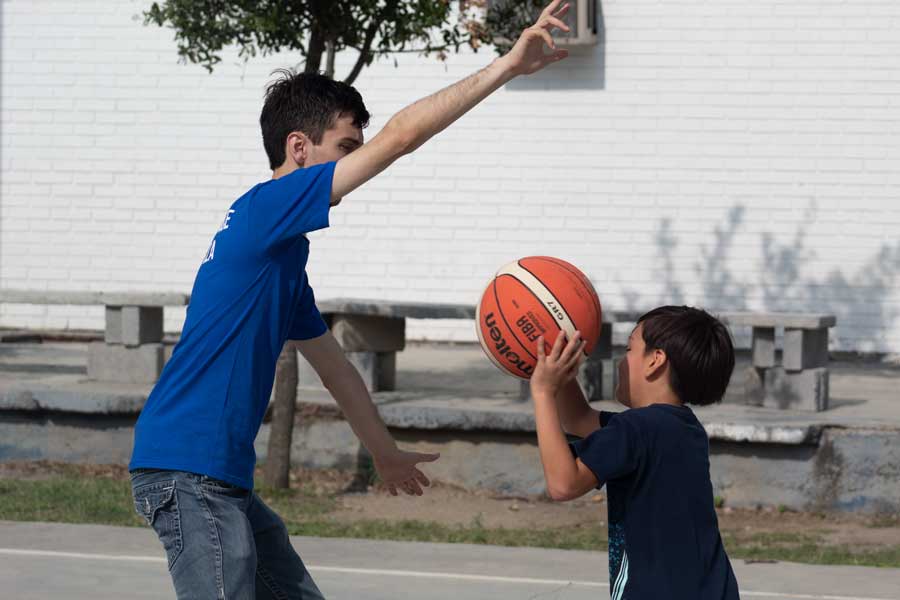
Globally important: students win international university network competition
The Vice Rector’s Office for Internationalization at the Tec and the Vice President’s Office for Inclusion, Social Impact, and Sustainability launched a call to find three projects to represent the institution at the U21 RISE awards.
Proyecto 99 was one of three initiatives chosen out of more than 100 from Tec students who hoped to take part in the international competition, something highlighted by Dr. José Manuel Páez, Vice Rector of Internationalization at the Tec.
Students Angélica Pantoja, Keyra Carranza, Enrique Lozano, Nancy Malagón, Leslye Franco, Jazmín Castillo, and María Revolorio took part in the competition.
“Promoting this type of activity among students is a hallmark of the Tec, so when this type of international competition comes up, we don’t have to think about how we’re going to take part, we simply need to look for the talent we have,” he said.
“When this type of international competition comes up, we don’t have to think about how we’re going to take part, we simply need to look for the talent we have.”
“There were many great projects, but we had to select just three. In the end, 55 groups from 23 of the 27 U21 universities participated in the RISE awards. Our three teams got to the semifinals and (Proyecto 99) won the award for Most Impact,” said the director.
Angélica was surprised and proud of the achievement, which she believes they won because their project is based on concepts that everyone should practice: empathy and willingness to help others.
“When they told us we’d won, I was shocked. Out of all the very ‘cool’ and very large projects from different universities around the world, they said that ours had the most impact. It was wonderful,” said Pantoja.
“It’s a credit to the students and one of the hallmarks of the Tec, which has promoted and developed these activities. They encourage students to solve these kinds of problems by helping others, making sacrifices, and practicing good leadership,” said Páez.
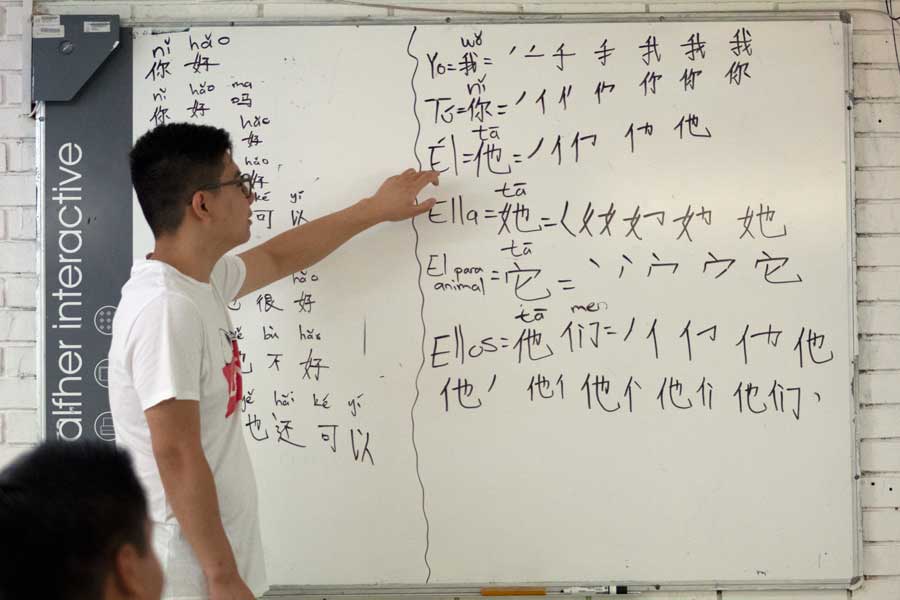
The aim of the project: preventing school dropouts
The project began in 2016 at the instigation of several Leaders of Tomorrow (LDM) students. LDM is a Tec program that grants 100% scholarships to talented young people so they can study for an undergraduate degree at the institution.
“Most of the founders of the project are from Leaders of Tomorrow, and we wanted to reach out to other kids and young people who face difficult situations, to support them on their educational journey and to prevent dropouts,” said Angélica.
At that time, they were in the Campana-Altamira Initiative brigades (led by the Tec, CEMEX, and state and municipal authorities), which seek to improve quality of life for the people living in that part of the capital of Nuevo León.
In that area, there is only one public high school, CBTis 99, which the project takes its name from.
“We learned that (CBTis 99) had the highest dropout rates in the entire country: only 3 of every 10 young people who enrolled reached graduation,” shared Angélica.
Nancy Malagón, a student and coordinator of the program, explained that young people dropped out because of financial issues, crime, or because they had children very young.
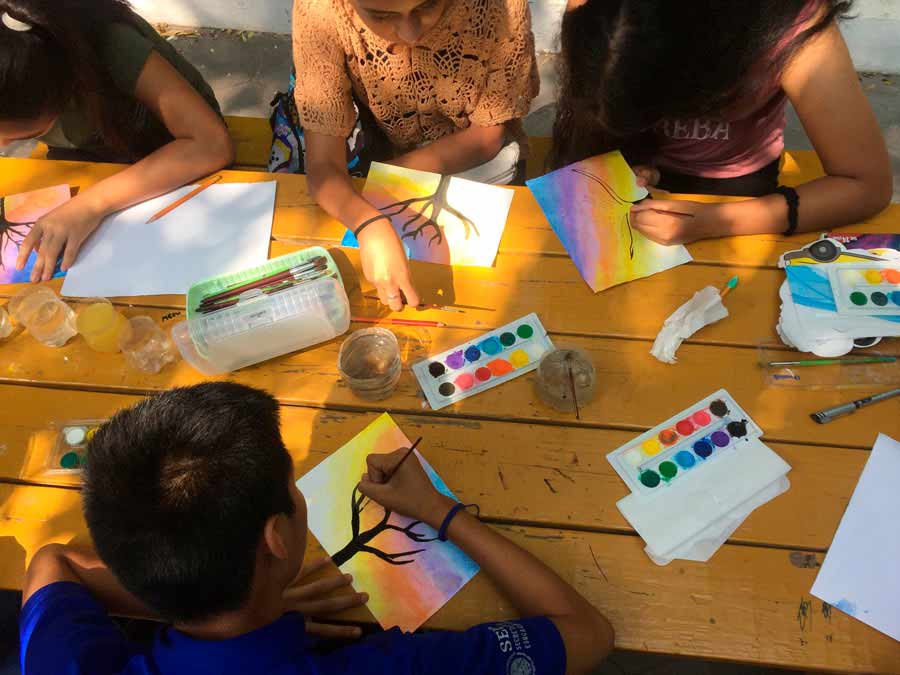
From parkour to League of Legends classes
Malagón shared that, even before the pandemic, the group consulted with young people to find out what they wanted to learn. The proposals were many and varied.
“We’ve offered all kinds of courses, including academic topics such as Spanish or Mathematics. There have also been classes in languages like English or Japanese, painting, chess, dance, and poetry. We’ve even given parkour classes, and now we have a League of Legends (video game) class,” said Nancy.
Keyra Carranza, project coordinator, said that the instructors are Tec students, volunteers, or community service students, but there are also teachers and specialists from other organizations who’ve joined their cause.
“Our workshop leaders have previous experience in the area they teach. Some are award winners or have competed in various parts of the world, and they all have the ability to convey their knowledge to the kids,” said Keyra.
Today, because of the pandemic, Proyecto 99 is teaching its courses virtually, which has allowed them to expand their social impact to young people from more states and even other regions and countries, said Enrique Lozano, a Tec student and parkour and Japanese instructor.
“We have a lot of people from outside Nuevo León: from Oaxaca, Sonora, Durango, Querétaro. I was surprised to find we even had a girl from Argentina, and we currently have someone from Quito, Ecuador,” Lozano shared.
“I was surprised to find we even had a girl from Argentina, and we currently have someone from Quito, Ecuador.”
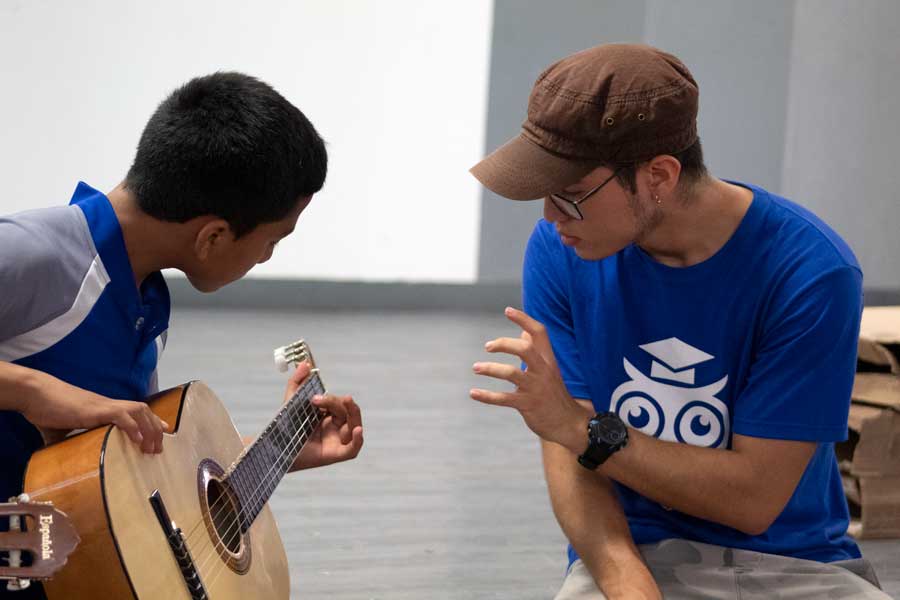
The RISE awards for sustainability and social innovation projects
This is the first time that Tec de Monterrey has participated in the RISE awards, which are designed to accelerate the scale and impact of student-led projects by connecting them to a network of experts from academia and industry.
Now in their second year, the awards invite students to compete for four 2,000-dollar prizes to support sustainability projects.
What’s more, the Tec was the only Mexican university to take part in the competition. It was one of only two higher education institutions representing Latin America, the other being the Pontifical Catholic University of Chile.
Tec de Monterrey joined the Universitas 21 (U21) network in 2006. U21 is made up of 27 leading universities, each committed to academic research.
The other two competition semifinalist projects from the Tec were:
- POP (Pure Organic Power): a project that turns farmyard manure into cellulose that can be used to produce paper. The water used in the process serves as a liquid fertilizer.
- Hello World: a social entrepreneurship project that harnesses technology through an app so that people with hearing disabilities can communicate more easily with people who don’t know sign language.
YOU SHOULD ALSO READ:

